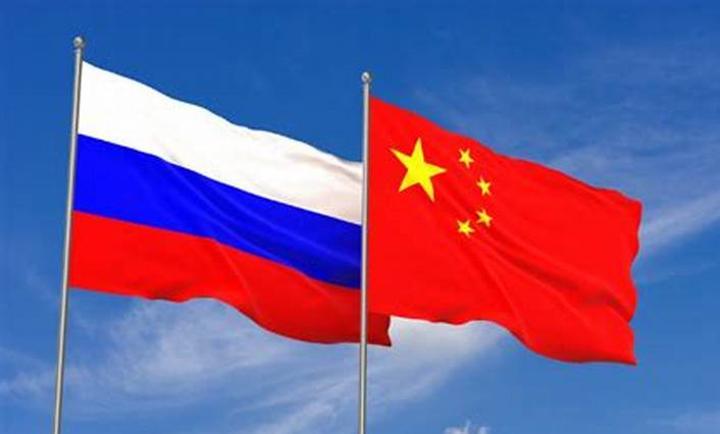Africa-Press – South-Sudan. China and Russia representatives to the UN Security Council say they abstained from voting to extend the arms embargo on South Sudan because the resolution interprets the current situation in the country in a lopsided manner and restricts the implementation of security arrangements.
On May 30, 2025, the Security Council extended for one year the sanctions regime it has imposed on South Sudan, which includes asset freezes, travel bans and an arms embargo — even as some speakers expressed concern that the African position on the issue is being ignored and sanctions are getting misused as a tool for coercion.
The resolution was adopted by a recorded vote of 9 votes in favour, namely; Denmark, Greece, Guyana, France, Panama, Republic of Korea, Slovenia, United Kingdom, United States, to none against, with 6 abstentions, Algeria, China, Russian Federation, Pakistan, Somalia and Sierra Leone.
By its terms, the Council underscored that arms embargo violations, particularly amid increasing political violence in South Sudan, risk fuelling conflict, and strongly urged all Member States to take urgent action to identify and prevent such violations emanating from their territory.
It also reiterated its call upon all Member States, in particular States neighboring South Sudan, to inspect, in accordance with national legislation and international law, all cargo to South Sudan, in their territory, if the State concerned has reasonable grounds to believe the cargo contains prohibited items.
Speaking in explanation of vote after the vote, the United States’ delegate, pen-holder of the text, said that escalating violence in recent months has brought South Sudan to the brink of civil war.
John Kelley, Acting U.S. Alternate Representative to the UNSC said South Sudan’s leaders must de-escalate political tension and negotiate in good faith, urging the unity government to deliver all steps necessary to advance the peace agreement.
He added that too many innocent lives have been lost to alarming gun violence, and the arms embargo was necessary to stem the unfettered flow of weapons.
Commenting on the extension, China’s Deputy Permanent Representative to the United Nations stressed that the Security Council must listen to the legitimate concerns of that country and the African Union, China’s delegate stressed.
Geng Shuang said: “South Sudan was founded 14 years ago and has had an arms embargo for seven years, the resolution interprets the current situation in the country in a lopsided manner, it represents the penholder’s national position and undermines the Council’s unity, and elections are the internal affairs of the country.”
Meanwhile, the representative of the Russian Federation also disagreed with the resolution’s direct link between the arms embargo and South Sudan’s internal political processes, adding that the easing of Council sanctions on South Sudan is long overdue.
Anna Evstigneeva is the Deputy Permanent Representative of the Russian Federation to the UN.
She said: “the arms embargo restricts the implementation of the provisions of the Revitalized Peace Agreement, especially on security issues, in other words, they are putting the brake on a successful political process, and complicating the deployment and proper equipping of the national armed forces.” – End quote.
Several speakers also echoed the appeal for South Sudan’s ownership over its peace and development trajectory and expressed concern about the unrealistic expectations in the resolution.
The arms embargo was initially imposed in July 2018 through Resolution 2428 in response to the civil conflict, widespread human rights violations, and breaches of ceasefire agreements.
Since then, the government argues, South Sudan has made significant steps forward and deserves greater international support, not further isolation.
Source: Eye Radio
For More News And Analysis About South-Sudan Follow Africa-Press






